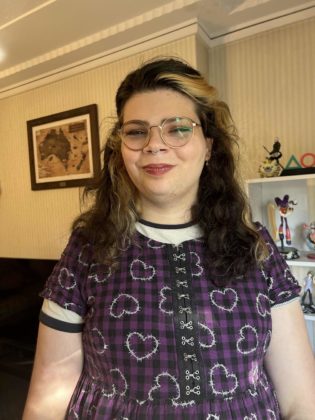Quick caveat if it wasn’t clear enough from the title, this article contains spoilers for the Last of Us Part II. If you haven’t played yet and don’t want to be spoiled, click away now.
I’m going to be blunt. A lot of the frustrations Gamers (I say that with a capital G) have with The Last of Us Part II aren’t founded. Plot leaks that appeared weeks before the game’s release angered many. But like any narrative, this sequel is more than just its main story beats. It’s about the journey. One of the biggest whisperings out of those leaks was a “trans character villain”. A muscular woman by the name of Abby, who raises hell for Ellie and Joel in the game, was the one people placed this label upon. Combine a powerful female that isn’t the traditional rail-thin with the fact she murders a beloved protagonist, and naturally, gamers came to that bigoted conclusion. Let me be clear: Abby is not trans. She is not the trans character in the game. Is that settled enough for you?
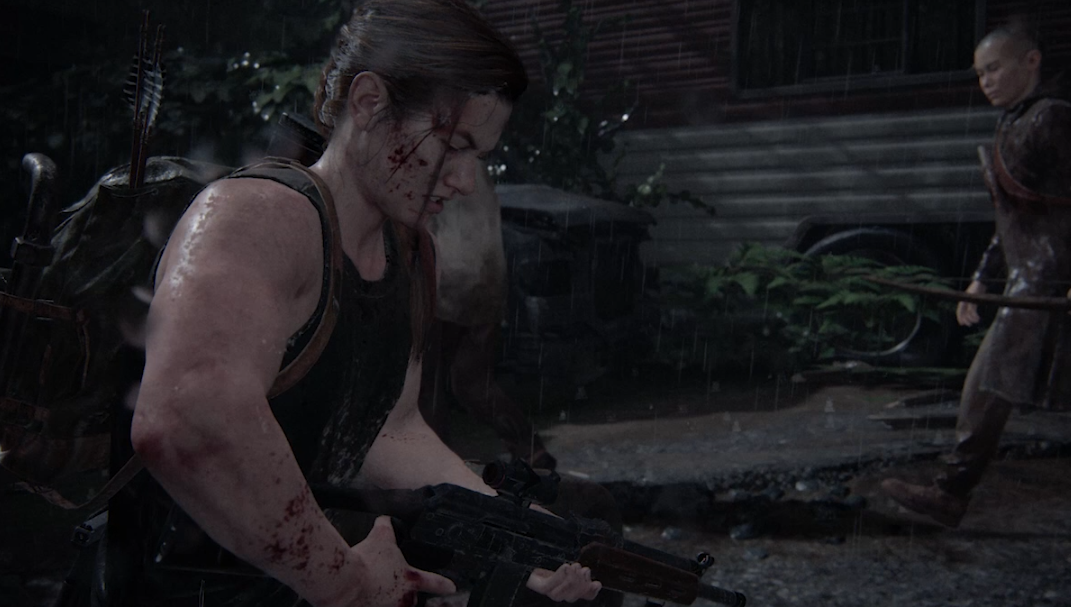
Now, there is a trans character in the game. He goes by the name Lev. While criticisms about a character like Abby’s threat to a plot really aren’t that founded, concerns regarding new character Lev are. Lev is a young boy who was in the terrifying Christian cult in the game known as the Seraphites (or put more shortly, Scars). I say was in the cult, emphasising the past tense. Lev and his sister have fled the dangerous, bigoted group simply for his safety. The second it was clear to the group that he was anything other than the gender he was assigned at birth, they came for him relentlessly.
The Last of Us Part II is unabashed in its telling of a trans story
This is par for the course of a trans person, really. I myself am a (yet to transition) trans woman and while our experiences are not one and the same, there’s the familiarity every trans person experiences. Safe spaces with a sense of family and community are hard to come by as a trans person. Of course, then, he’s gonna flee for his life.
If you’re a trans person, Lev’s slow revealing of being an individual who is trans is a story you’ve seen before. That’s not to say this is bad, in fact, it’s the opposite. It’s refreshing to see time made for a real trans story in a game all about the apocalypse. When he first meets Abby, he’s on guard. The most we get out of him is that he’s (along with his sister) fled the Scars because he wasn’t accepted for shaving his head. It’s a less obvious, sweet little breadcrumb trail for those not all that0 familiar with trans experiences, and a nod to those that are.
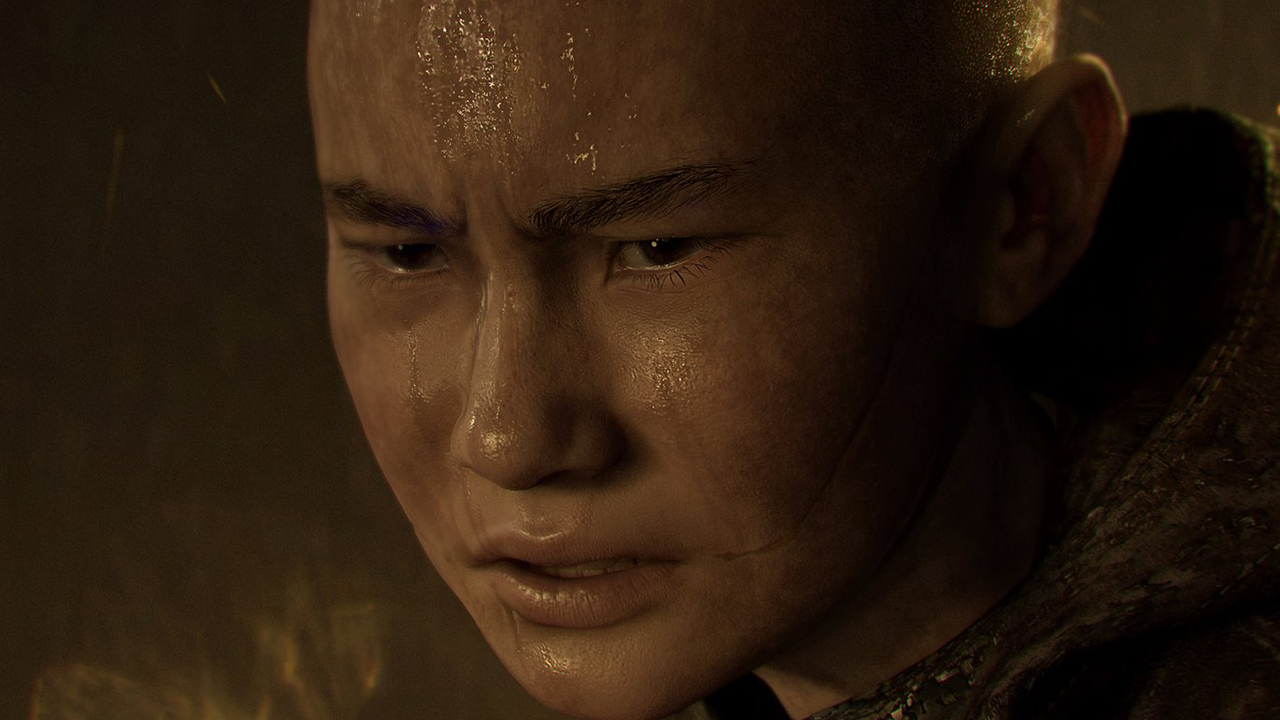
“A big concern for the LGBTQ+ community invested in The Last of Us Part II is how Lev is treated.”
A big concern for the LGBTQ+ community invested in The Last of Us Part II is how Lev is treated. We’ve seen it go awry before in games like Catherine: Full Body. Just how will Naughty Dog’s latest handle it? The answer here is that it does so similarly, but not quite as egregiously.
The first moment that confirms for everyone Lev is undeniably a trans character happens during combat. A group of Scars spots Abby and Lev and engages them, yelling out Lev’s deadname. For those playing at home, a deadname is the (often) birthname of a trans person. It’s the name that many a trans person is stuck with until they realise that they’re in fact trans and change it. So, hearing it becomes a harsh reminder of a person they no longer are – and don’t identify as.
As a trans person, it bears weight hearing a name that doesn’t match you. Similarly, the same power translates even when watching this happen to a fictional character. I’m not going to pretend to be entirely knowledgeable. I’m a trans woman, they’re a trans boy. We’re different. Still, I can understand and empathise with the frustration and outcry that came from this moment and others in the game, as well as recognise parallels to my own life.
Messy progress is still progress
Admittedly, I gripe with this too. Yes, the Scars could be doing it deliberately to oppress Lev further. On the other hand, with Lev (rightly) fleeing so quickly for his safety, it could be that the group simply does not know his new name. Considering that, it is entirely plausible for these moments to exist in the narrative, even with the discomfort. It’s a dangerous, miserable and violent world in The Last of Us Part II, and no one comes out unscathed, Lev included.
Lev’s history with his family, like many trans people, is messy. This is explored in an exchange between Abby and Lev’s sister Yara. Though she willingly left the Scars with her brother, their relationship was far from smooth sailing. She confesses guilt to Abby about how she treated him in the past when she learnt of his identity. She yelled at him, pleaded with him to conform to what he was expected to be, and was angry with him for a long time. At that moment you see before your very eyes the reckoning Yara was trying to have with herself for abusing her younger brother. It’s a very real and complicated moment that trans people themselves have seen before. Accountability for Yara is important here but credit is also due, it’s one of the most real and emotional moments in the game.
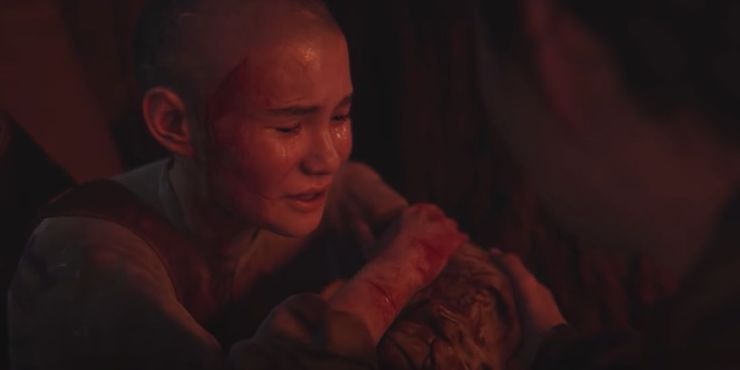
The last big, changing moment for Lev is when he goes to visit his mother on the Scar island. Abby and Yara catch up with him, finding the mother’s body in a room. Lev sits cowered in a corner. More egregious physical abuse is implied here, with him having to kill his mother in self-defence. It’s heartbreaking and raw. It’ll no doubt be one of the most disturbing and confronting moments for trans people playing The Last of Us Part II. However, I was thankful that Naughty Dog didn’t ask players to witness this, reducing the confronting nature in the slightest.
Even though Lev is one of the survivors as the end credits roll, I’d be quite nervous to see what a future would be like for Lev. Part of me wants to see another game, where his existence and narrative isn’t largely a tragedy, something tired in trans representation. Another part of me wants Naughty Dog to leave it here and minimise the damage a third entry could bring.
With all of this being said, it’ll be interesting to learn more details about The Last of Us Part II’s trans narrative in the future. While I firmly believe Lev is a good character, his treatment reflects the writings of a team of cis people. How involved was Lev’s actor Ian Alexander, a trans individual himself, in the process? How does he feel about telling this story now that it’s out? Were organisations like GLAAD consulted in the development of the game? Many questions still linger.
Hopefully the start of something new for trans narratives in AAA games
The Last of Us Part II had me writhing with emotion many times. I mean that both in a good way and a bad. I firmly accept both sides of the coin in criticism of the trans narrative in the game. Really, if you want to be someone that listens to trans voices, you should too. Yes, indie games have been exploring and doing stories about trans people for literal years, and undoubtedly better. Though this is progress for the AAA game development scene. It’s messy progress that doesn’t always hit the mark, but it’s still progress.
The Last of Us II reviewed as a 10/10 game on Checkpoint, but it’s worth bearing that 10/10 does not equal perfect, as there is no such thing as a perfect game. Some of the most loved games of all time bear discussion. The Last of Us Part II is no exception to that rule.
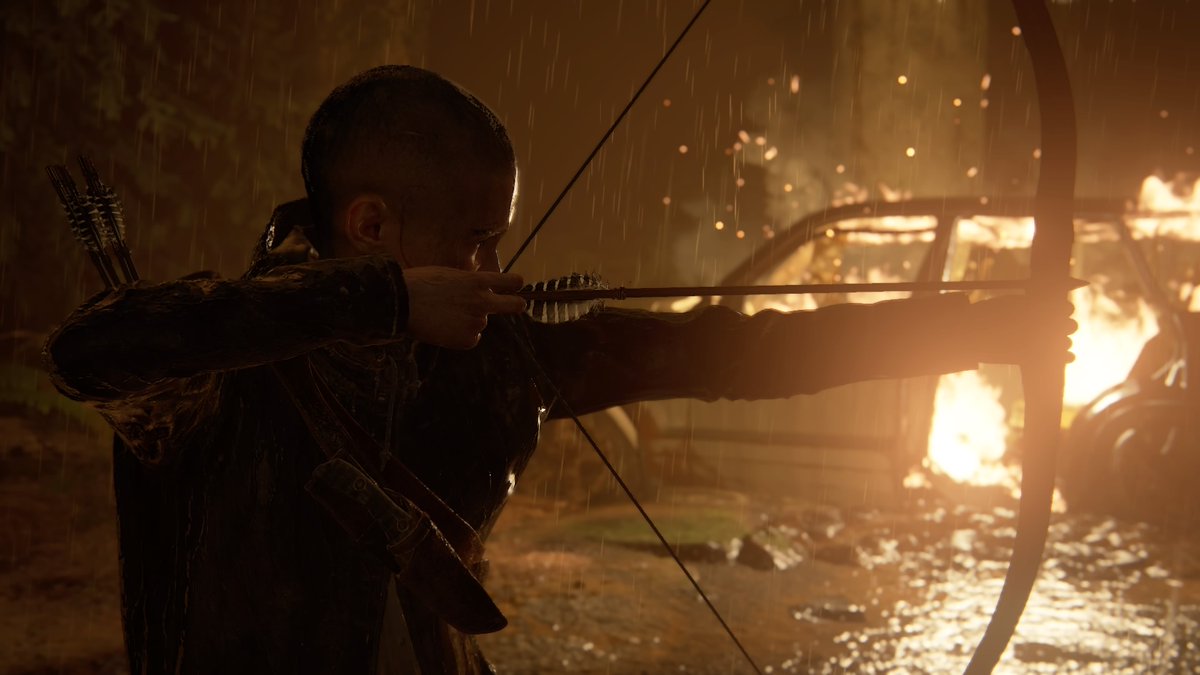
In the future, we have games like Cyberpunk 2077 and Tell Me Why coming out, both exploring trans ideas and narratives. The former already has some doubts regarding sensitivity in this. It’s safe to say us at Checkpoint, and many trans gamers, will be awaiting the outcome of such games with bated breath.
